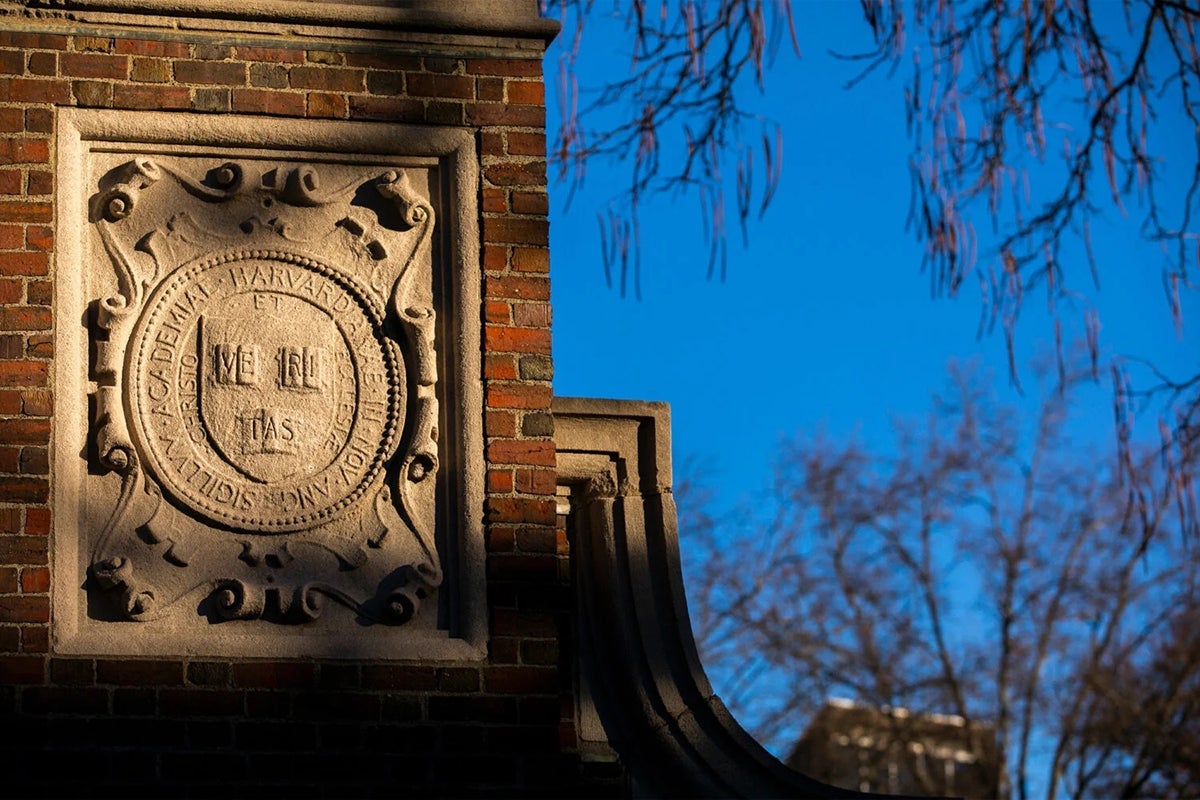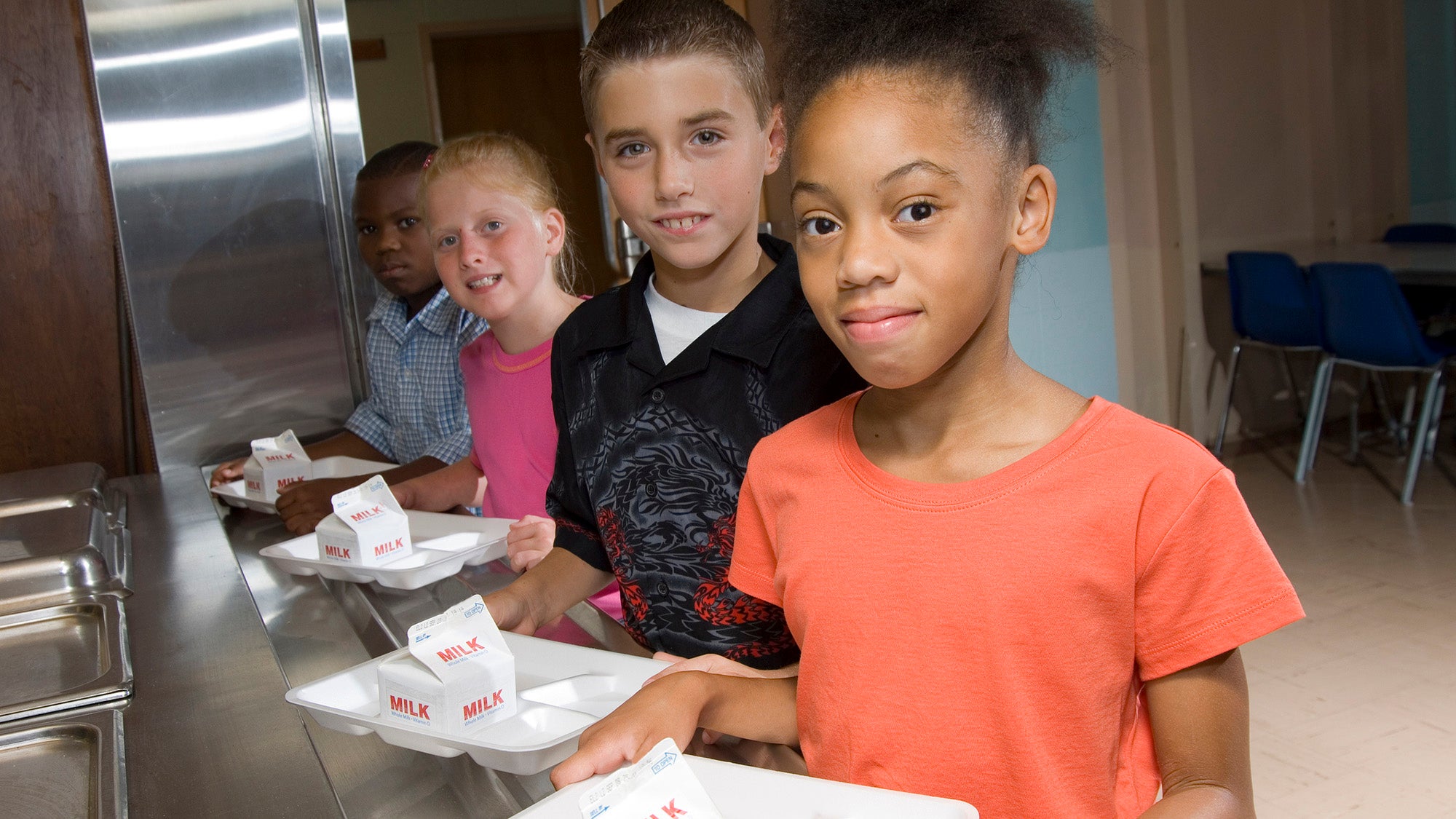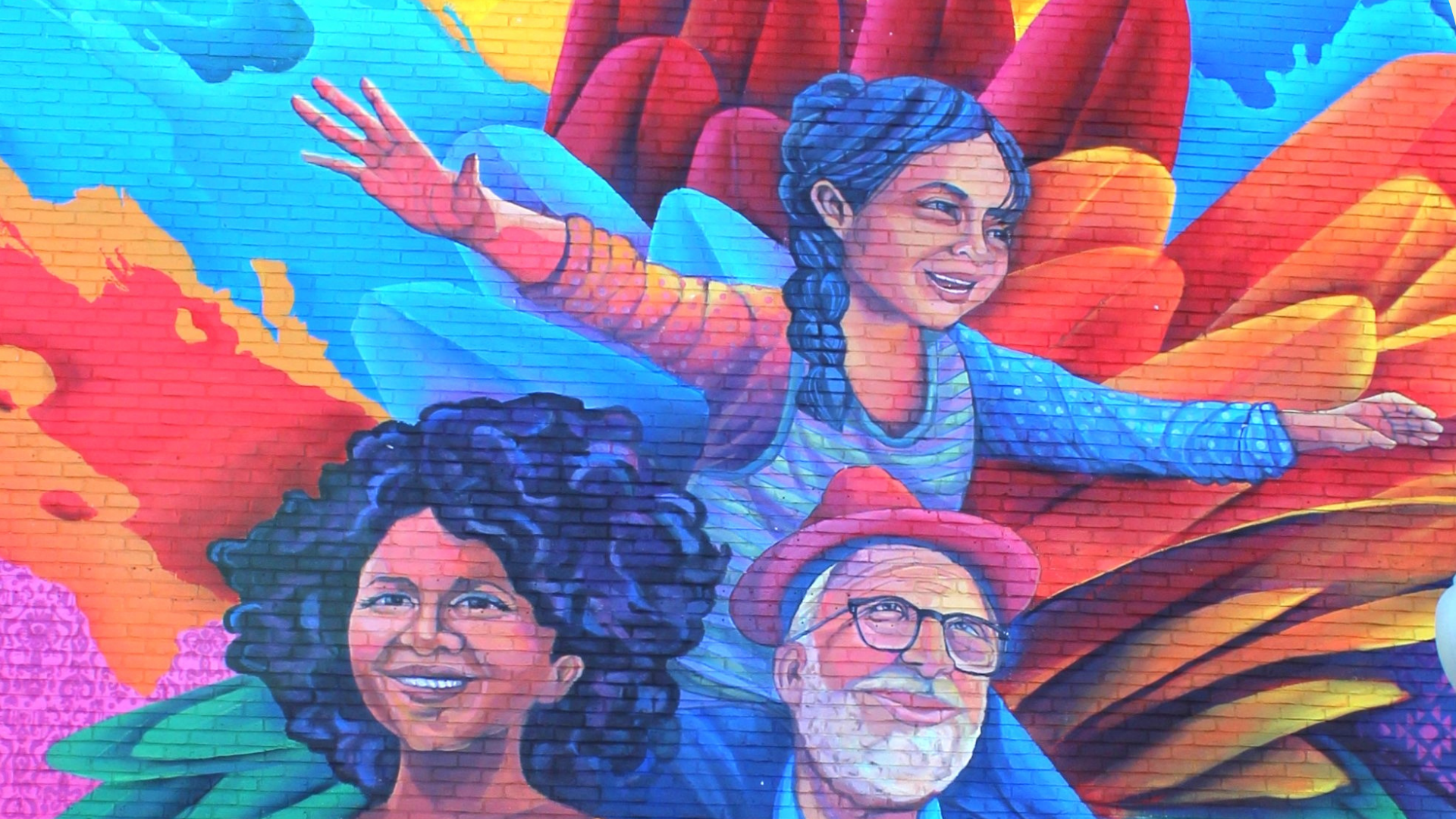Addressing racial inequities from Harvard’s legacy of slavery

July 24, 2024 – Harvard T.H. Chan School of Public Health is embarking this summer on several efforts to address systemic racial inequities as part of the Harvard & the Legacy of Slavery Initiative (H&LS), including launching two reparative projects with Boston community partners and bringing undergraduate students to campus for summer research internships.
The H&LS was established in response to the Report of the Presidential Committee on Harvard & the Legacy of Slavery, published in April 2022. The report showed that Harvard’s rise to global prominence was shaped by the university’s connections to slavery in the 17th, 18th, and 19th centuries and to legacies of slavery well into the 20th century—including enslaved individuals on campus, funding from donors engaged in the slave trade, and intellectual leadership that obstructed efforts to achieve racial equality.
Harvard Chan School is participating in two projects that received grants under the inaugural Reparative Partnership Program. The grants support innovative ideas that address systemic inequities affecting descendant communities—particularly ones in Boston and Cambridge—and emphasize forming partnerships with community organizations.
One project focuses on educating community members, both children and adults, about the impacts of redlining and urban renewal in the Nubian Square neighborhood of Boston, highlighting historical resilience and ongoing fights for equity. The project will feature walking tours and workshops, and is led by Ra’Shaun Nalls, director of community engagement in Harvard Chan School’s Office of Diversity and Inclusion, in partnership with the organizations Live Like a Local Tours Boston and Afrimerican Academy.
Another project aims to develop affinity spaces and programs for Native undergraduate and graduate students at academic institutions in Boston and Cambridge, addressing inequities facing Native communities such as college enrollment rates that are lower than the national average. The project is being led by Shoba Ramanadhan, associate professor of social and behavioral sciences at Harvard Chan School; Cedric Woods, director of the Institute for New England Native American Studies at the University of Massachusetts Boston (UMass Boston); and Tiffany Donaldson—UMass Boston psychology professor, associate dean for research, innovation, and community partnerships, and director of the School for Global Inclusion and Social Development in the College of Education and Human Development—in collaboration with student leaders at area institutions.
In addition to the projects, Harvard Chan School is hosting 11 undergraduate students this summer as part of the H&LS Du Bois Scholars Program. The program brings students from Historically Black Colleges and Universities across the U.S. to Harvard for a nine-week research internship. Students gain experience from hands-on mentorship and present their research at the end of the program to fellow scholars, faculty mentors, and lab members. Du Bois Scholars at Harvard Chan School are engaging in a wide range of projects, from the health impacts of pollution to the different factors that shape malaria transmission by mosquitoes.
– Jay Lau
Photo: Stephanie Mitchell


